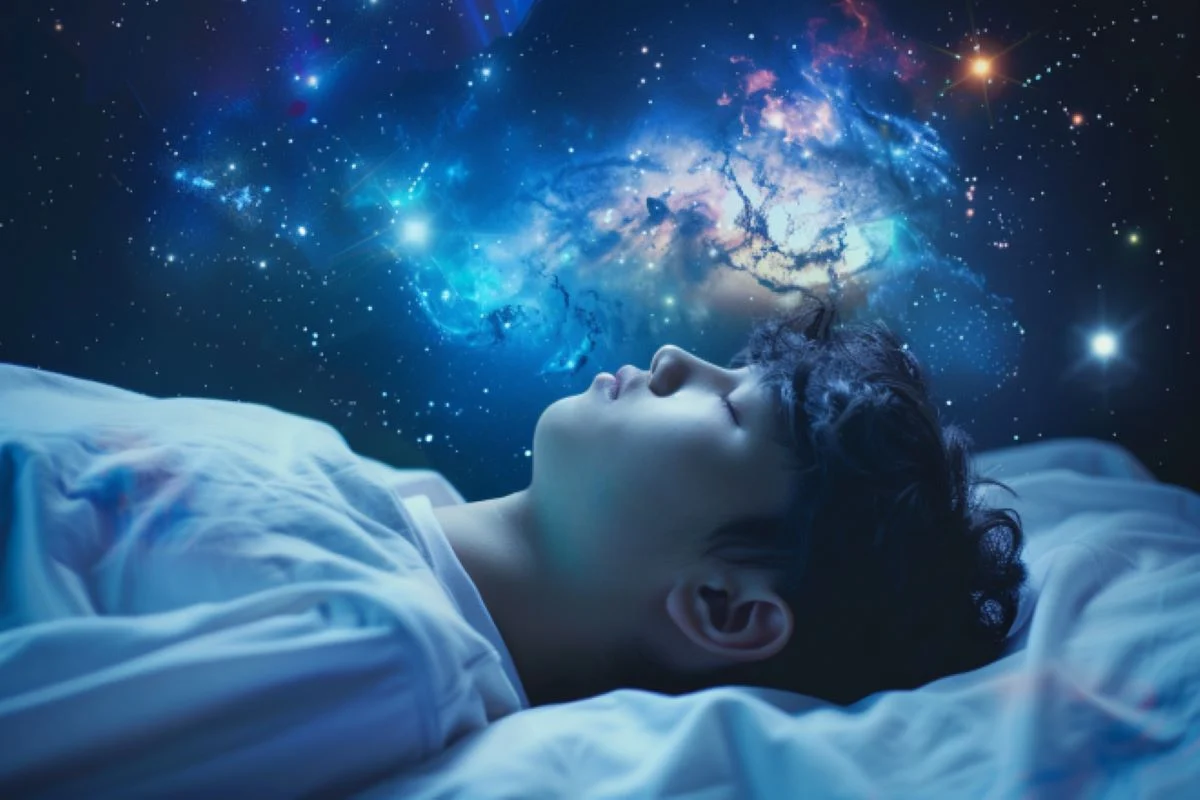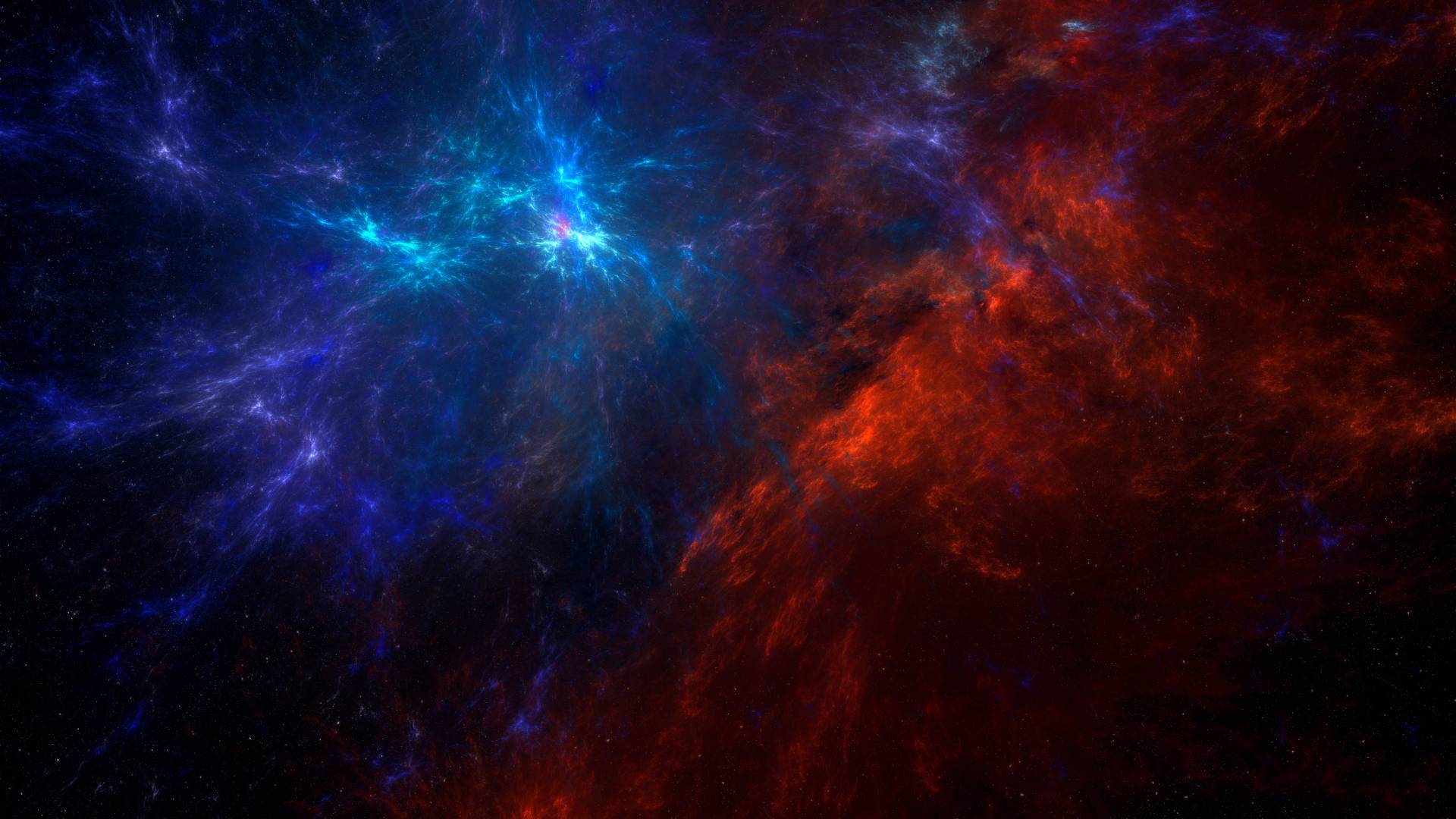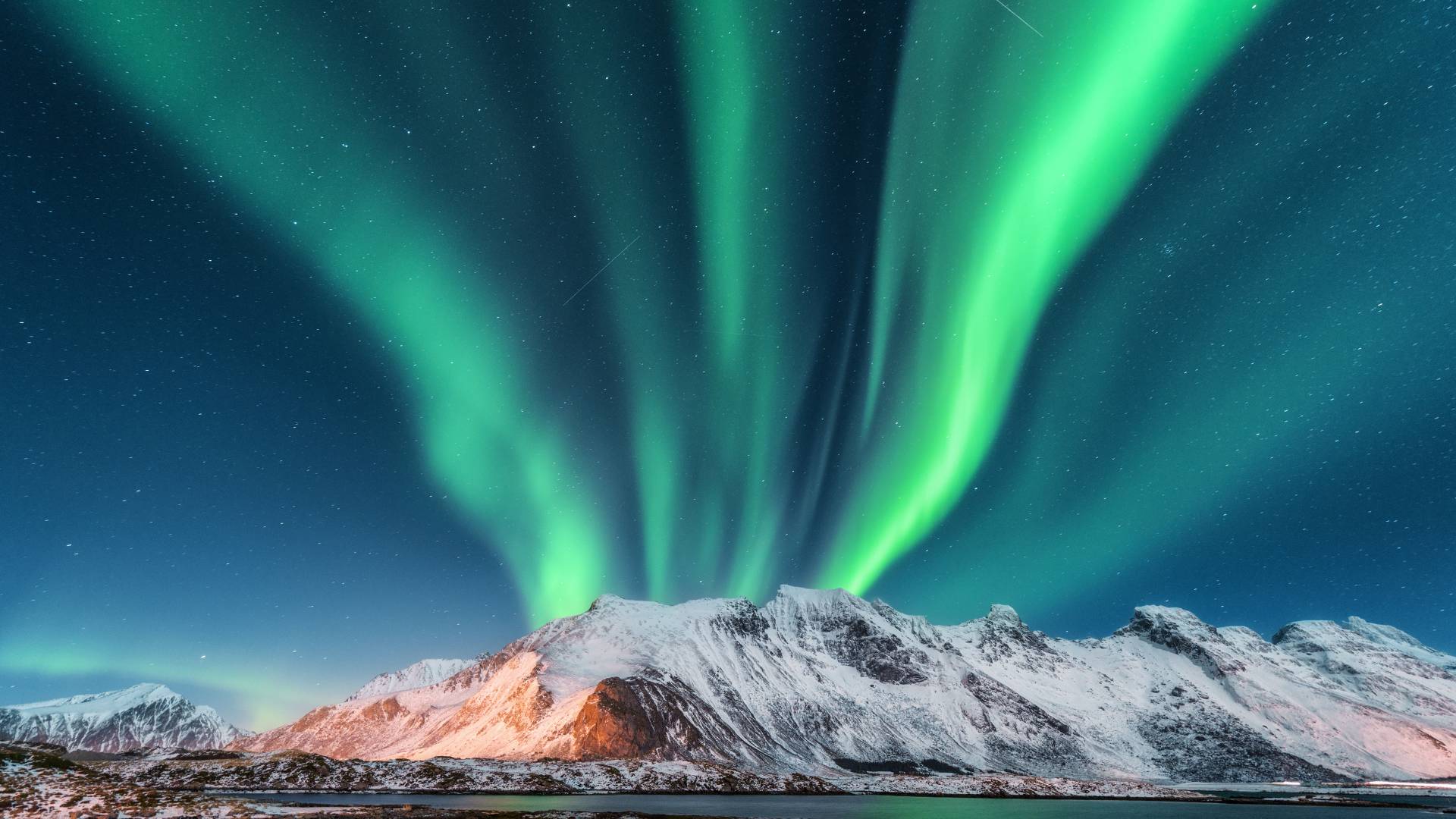From folklore to science, the moon has long been believed to influence human sleep. But how much of that is myth, and how much is backed by data? In this article : The Astronomy of Sleep from Spaceyv, we explore the fascinating intersection between astronomy and human biology: how the lunar cycle may impact your nightly rest.
Moon Phases and Human Behavior: Ancient Beliefs
Long before the age of sleep trackers and circadian science, ancient cultures observed curious behavioral changes linked to the moon. Full moons were often associated with restlessness, vivid dreams, or even insomnia. Terms like “lunacy” (from luna, Latin for moon) reflect how deeply this idea is embedded in our language and collective psychology.
In traditional Chinese medicine, sleep disturbances during a full moon were attributed to an excess of “yang” energy. Native American tribes tracked moon cycles to plan for sleep patterns during hunting or harvesting seasons.
But is there science to support these observations?
What Modern Research Says About the Moon and Sleep
While many early studies were inconclusive, more recent research has uncovered intriguing patterns:
- A 2013 study published in Current Biology found that during the full moon, participants took longer to fall asleep, had shorter total sleep duration, and experienced 30% less deep sleep—even in a lab environment with no moonlight exposure.
- Swiss researchers found that melatonin levels (a hormone regulating sleep) dropped during full moons.
- Other studies have shown correlations between sleep disruption and the lunar cycle, especially in highly sensitive individuals or poor sleepers.
However, some studies show no effect, indicating variability between individuals.
Key Insight: The moon may not affect everyone equally, but for some, especially those sensitive to circadian rhythm shifts, lunar phases could play a measurable role.
How Light from the Moon Might Impact Sleep
Even though the moon reflects sunlight rather than emitting its own, full moon nights can be surprisingly bright—enough to cast shadows and interrupt melatonin production.
Artificial light pollution complicates the study. In urban areas, moonlight may have a diminished impact due to streetlights and indoor lighting. But in rural or natural environments, a full moon can make the night feel almost like twilight.
If humans evolved sleeping outdoors under moonlight, our biology might still be subtly attuned to these shifts in brightness

Moonlight and Your Circadian Rhythm
Your circadian rhythm is a roughly 24-hour internal clock influenced by light and darkness. It controls sleep-wake cycles, body temperature, and hormone production.
- New Moon: Typically the darkest nights, often associated with longer sleep and deeper rest.
- Full Moon: Brightest phase, with evidence pointing to delayed sleep onset and lighter rest.
- Waxing and Waning: Transitional phases where the effect is less pronounced but still potentially measurable.
Moonlight may act as a secondary Zeitgeber (time-giver), influencing our circadian rhythm much like the sun—but to a lesser extent.
Could the Moon Influence Dreams?
Many people report more vivid or intense dreams during a full moon. While largely anecdotal, there may be a connection between sleep architecture and the lunar cycle:
- Reduced deep sleep during the full moon could mean more time in REM sleep (when dreams occur).
- The moon’s effect on melatonin could subtly shift sleep cycles, leading to unusual dream patterns.
This opens interesting possibilities for further study in oneirology (the science of dreams).
Tips to Sleep Better During the Full Moon
If you’re one of the many who experience sleep disruptions during full moons, here are some practical solutions:
- Use blackout curtains: Block out ambient moonlight and streetlights.
- Maintain a consistent sleep schedule: This helps reinforce your natural circadian rhythm.
- Limit screen exposure before bed: Blue light, like moonlight, suppresses melatonin.
- Meditate or wind down with calming activities: This can help offset lunar-induced restlessness.
- Track your sleep: Use a journal or wearable tech to see if you notice moon phase patterns.
The Big Question: Coincidence or Cosmic Connection?
Whether you believe the moon has a mystical pull on your sleep or view it through a scientific lens, the possibility that our biology still responds to ancient cosmic rhythms is deeply compelling.
The moon has always been our closest celestial companion. Perhaps it’s not surprising that, even in our high-tech modern lives, it might still be whispering to us while we sleep.

Final Thoughts from Spaceyv
As we continue exploring space and its influence on Earth, questions like these remind us how interconnected we are with the cosmos. At Spaceyv, we believe understanding the night sky isn’t just about stars and galaxies—it’s about understanding ourselves.
Next time you toss and turn under a full moon, consider this: the very same moonlight has danced over human dreams for thousands of years.
References:
- Current Biology – Lunar influence on sleep
- National Library of Medicine – Lunar cycle and sleep
- Scientific American – Does the Moon Affect Sleep?
- Live Science – Full moon affects sleep patterns
- Sleep Foundation – Moon Phases and Sleep



